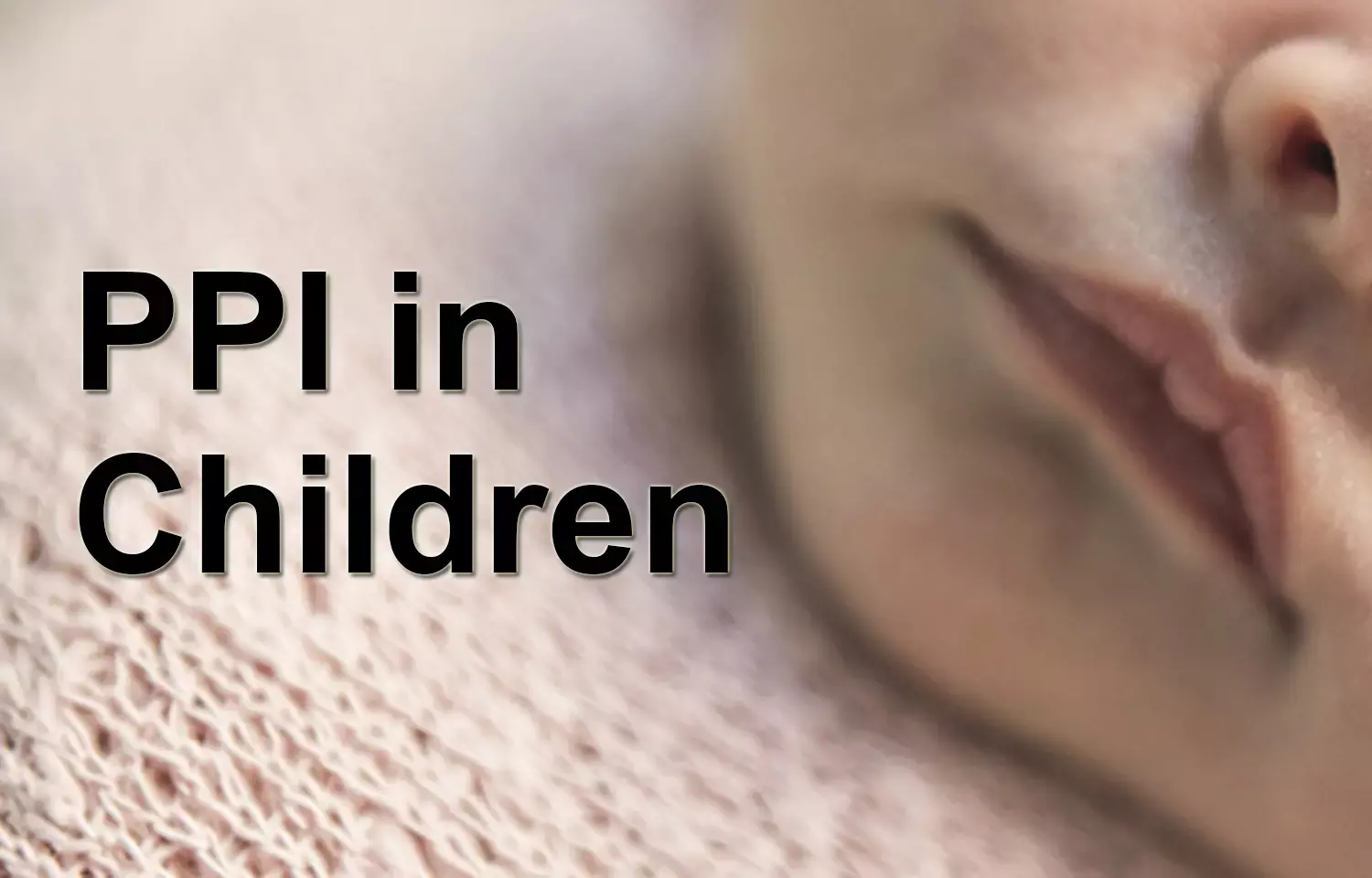- Home
- Medical news & Guidelines
- Anesthesiology
- Cardiology and CTVS
- Critical Care
- Dentistry
- Dermatology
- Diabetes and Endocrinology
- ENT
- Gastroenterology
- Medicine
- Nephrology
- Neurology
- Obstretics-Gynaecology
- Oncology
- Ophthalmology
- Orthopaedics
- Pediatrics-Neonatology
- Psychiatry
- Pulmonology
- Radiology
- Surgery
- Urology
- Laboratory Medicine
- Diet
- Nursing
- Paramedical
- Physiotherapy
- Health news
- Fact Check
- Bone Health Fact Check
- Brain Health Fact Check
- Cancer Related Fact Check
- Child Care Fact Check
- Dental and oral health fact check
- Diabetes and metabolic health fact check
- Diet and Nutrition Fact Check
- Eye and ENT Care Fact Check
- Fitness fact check
- Gut health fact check
- Heart health fact check
- Kidney health fact check
- Medical education fact check
- Men's health fact check
- Respiratory fact check
- Skin and hair care fact check
- Vaccine and Immunization fact check
- Women's health fact check
- AYUSH
- State News
- Andaman and Nicobar Islands
- Andhra Pradesh
- Arunachal Pradesh
- Assam
- Bihar
- Chandigarh
- Chattisgarh
- Dadra and Nagar Haveli
- Daman and Diu
- Delhi
- Goa
- Gujarat
- Haryana
- Himachal Pradesh
- Jammu & Kashmir
- Jharkhand
- Karnataka
- Kerala
- Ladakh
- Lakshadweep
- Madhya Pradesh
- Maharashtra
- Manipur
- Meghalaya
- Mizoram
- Nagaland
- Odisha
- Puducherry
- Punjab
- Rajasthan
- Sikkim
- Tamil Nadu
- Telangana
- Tripura
- Uttar Pradesh
- Uttrakhand
- West Bengal
- Medical Education
- Industry
PPIs use increases asthma risk in children says JAMA study

Sweden: Proton pump inhibitors (PPIs) use in children is associated with an increased risk of asthma, finds a recent study in the journal JAMA Pediatrics. Considering this, the researchers suggest that asthma risk should be taken into account while weighing the benefits and risks of PPI treatment in children.
PPIs are first-line treatment for acid-related gastrointestinal tract disorders in children. In recent years, PPIs use in children has increased substantially concurrently with emerging concerns that PPIs may increase asthma risk. Whether PPI use is associated with increased asthma risk in the broad pediatric population is not known. Yun-Han Wang, Karolinska Institutet, Stockholm, Sweden, and colleagues therefore, aimed investigate the association between PPI use and risk of asthma in children.
For the purpose, the researchers collected registry data in Sweden from January 1, 2007, to December 31, 2016. It included children and adolescents 17 years or younger. They were matched by age and propensity score into 80 870 pairs of those who initiated PPI use and those who did not.
Data were analyzed from February 1 to September 1, 2020. The primary analysis examined the risk of incident asthma with a median follow-up to 3.0 (interquartile range, 2.1-3.0) years.
Key findings of the study include:
- Among the 80 870 pairs (63.0% girls), those who initiated PPI use had a higher incidence rate of asthma (21.8 events per 1000 person-years) compared with noninitiators (14.0 events per 1000 person-years), with an HR of 1.57.
- The risk of asthma was significantly increased across all age groups and was highest for infants and toddlers with an HR of 1.83 in the group younger than 6 months and 1.91 in the group 6 months to younger than 2 years.
- The HRs for individual PPIs were 1.64 for esomeprazole, 1.49 for lansoprazole, 1.43 for omeprazole, and 2.33 for pantoprazole.
- In analyses of the timing of asthma onset after PPI initiation, the HRs were 1.62 for 0 to 90 days, 1.73 for 91 to 180 days, and 1.53 for 181 days to end of follow-up.
- The association was consistent through all sensitivity analyses, including high-dimensional propensity score matching (HR, 1.48).
"In this cohort study, initiation of PPI use compared with nonuse was associated with an increased risk of asthma in children. Proton pump inhibitors should be prescribed to children only when clearly indicated, weighing the potential benefit against potential harm," concluded the authors.
The study titled, "Association Between Proton Pump Inhibitor Use and Risk of Asthma in Children," is published in the journal JAMA Pediatrics.
DOI: 10.1001/jamapediatrics.2020.5710
Dr Kamal Kant Kohli-MBBS, DTCD- a chest specialist with more than 30 years of practice and a flair for writing clinical articles, Dr Kamal Kant Kohli joined Medical Dialogues as a Chief Editor of Medical News. Besides writing articles, as an editor, he proofreads and verifies all the medical content published on Medical Dialogues including those coming from journals, studies,medical conferences,guidelines etc. Email: drkohli@medicaldialogues.in. Contact no. 011-43720751


